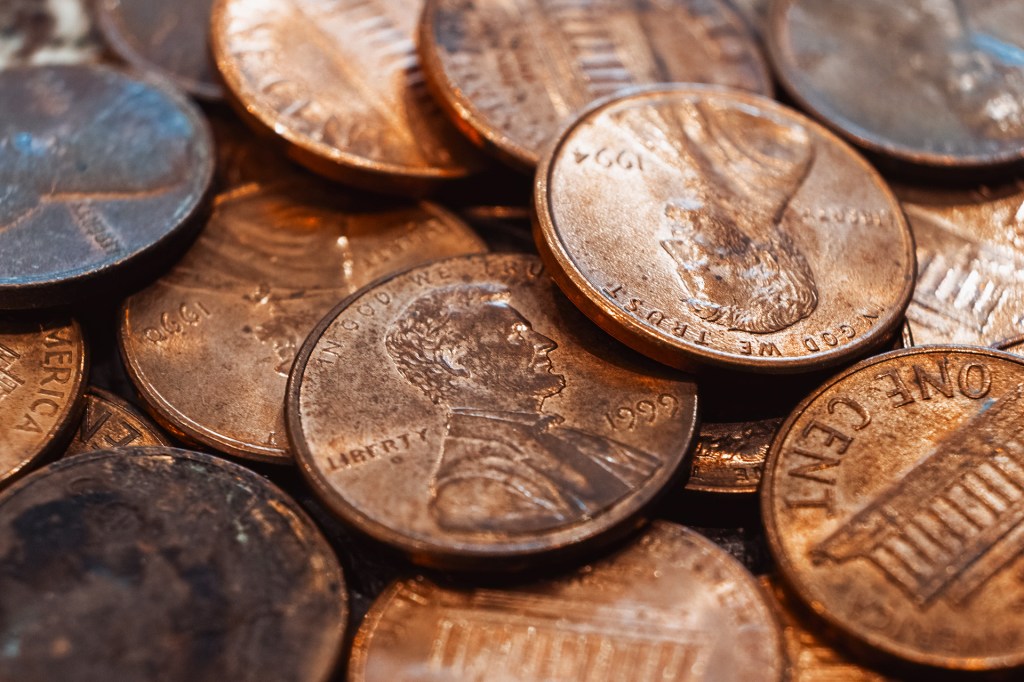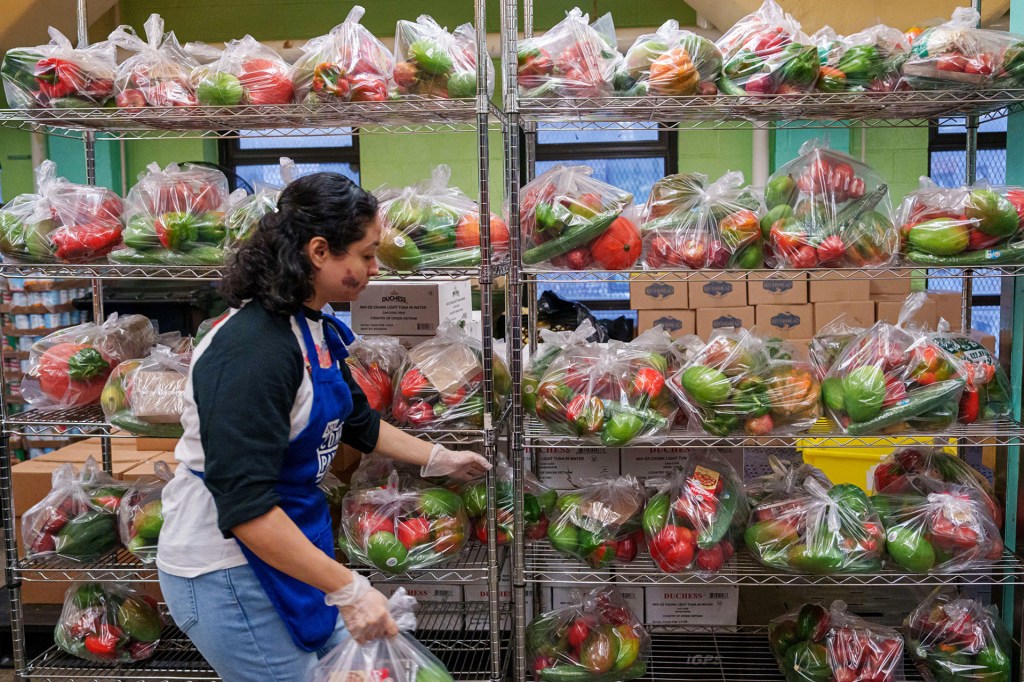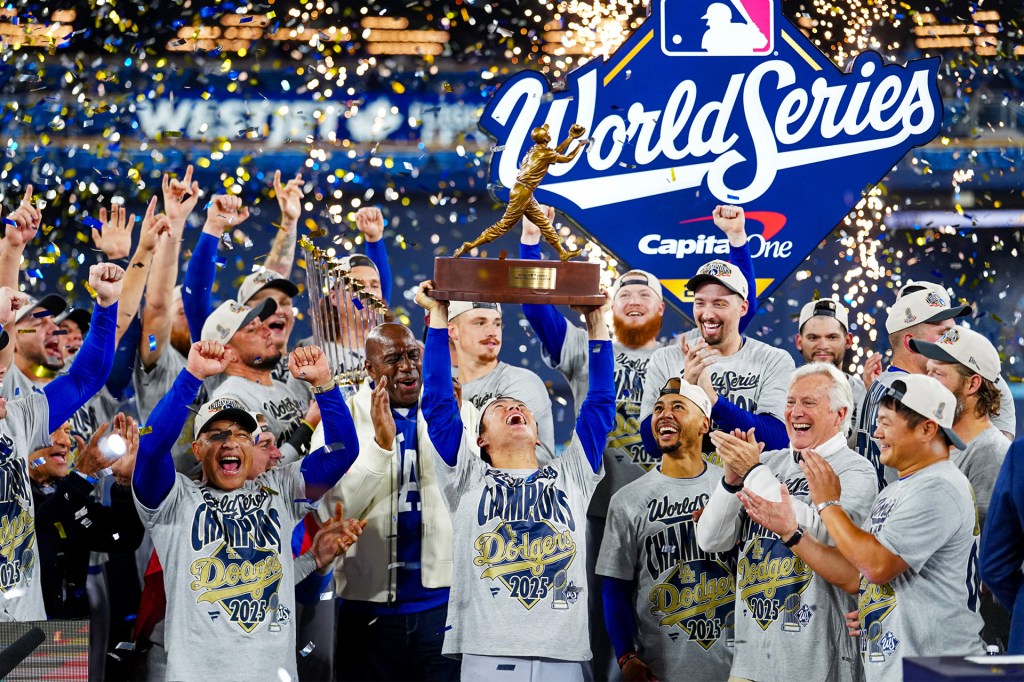Space Training
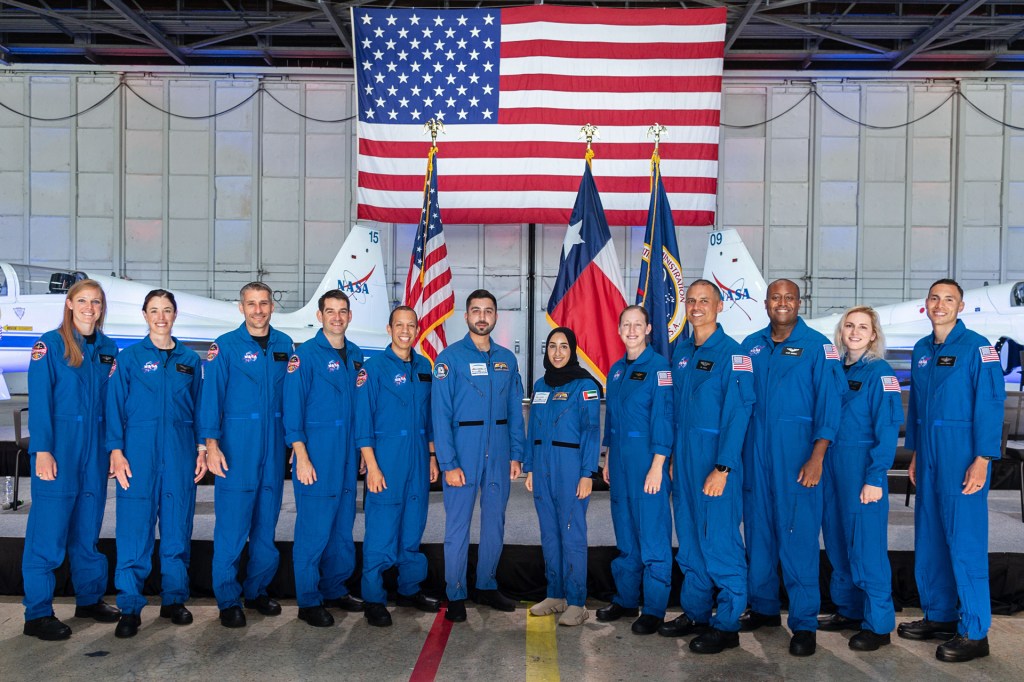
In December, NASA announced its first class of new astronaut recruits in four years. The space agency chose 10 people from a group of more than 12,000 who applied for its program.
The recruits reported to the Johnson Space Center, in Houston, Texas, last month to begin their training. Over the next two years, they’ll learn a host of skills. These will include carrying out a spacewalk, operating systems on the International Space Station (ISS), and speaking Russian. When their training is completed, the newly minted astronauts will be assigned to important missions. They may do research aboard the ISS or even fly to the moon.
TIME for Kids talked with Anil Menon and Christopher Williams. They discussed their backgrounds and what they look forward to during training.
Launching a Dream
Anil Menon has wanted to be an astronaut since he was a kid. “It seemed so exciting,” he says, “like science fiction.”
Before joining the 2021 class, Menon served as a flight surgeon for SpaceX. He looked after the health of astronauts who were part of the company’s first crewed flights. He has also worked as a flight surgeon for NASA, treating astronauts on the ISS.
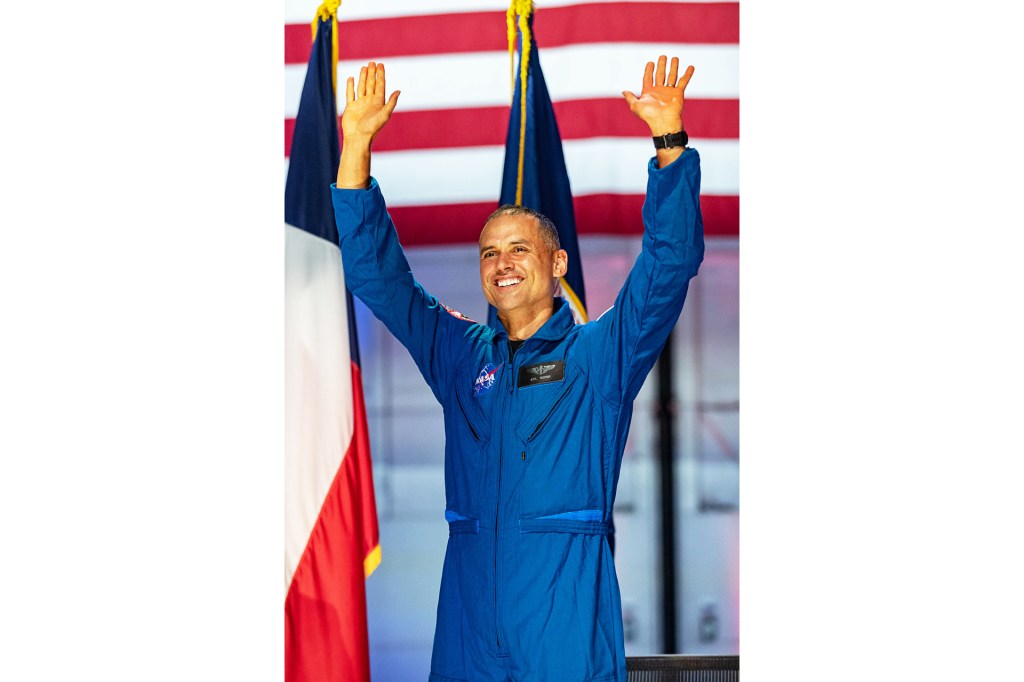
NEXT ADVENTURE Anil Menon looks forward to learning how to spacewalk during astronaut training.
JAMES BLAIR—JOHNSON SPACE CENTER/NASAMenon says his experience has given him “skills to contribute” as an astronaut. For now, he is excited about working with the other recruits as part of a “small team, taking care of one another and making sure everyone’s successful.”
Christopher Williams is a medical physicist. He uses physics to develop medical treatments and technologies. Williams has worked at Brigham and Women’s Hospital and the Dana-Farber Cancer Institute. Both are in Boston, Massachusetts. His research has focused on fighting cancer.
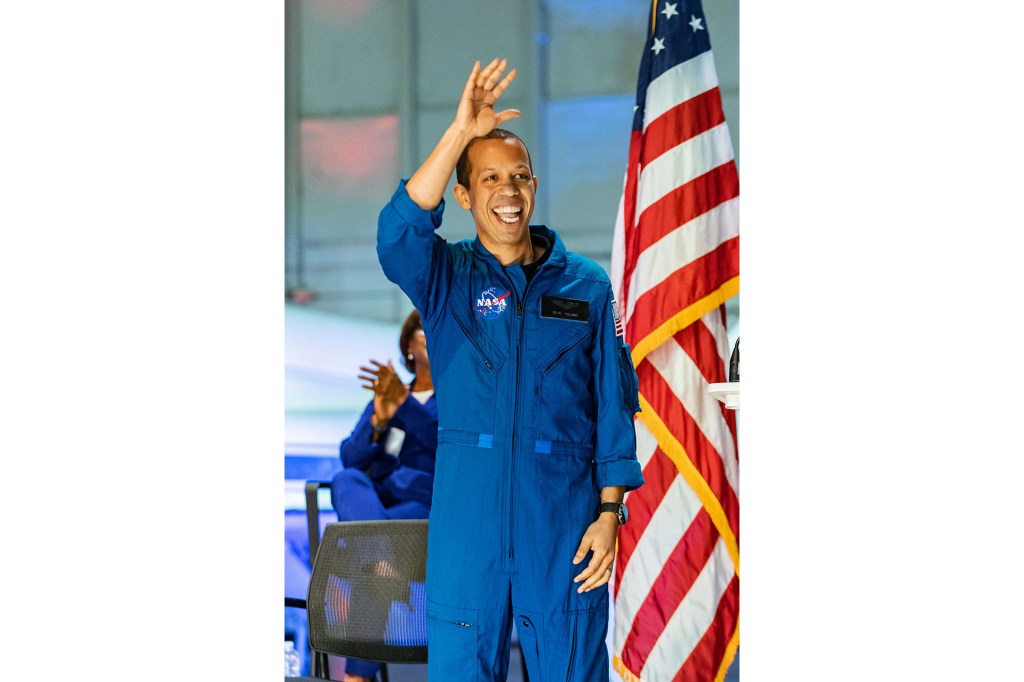
NEW CHALLENGE Christopher Williams says he’s overjoyed to join NASA’s 2021 class.
JAMES BLAIR—JOHNSON SPACE CENTER/NASANow, Williams is gearing up for Houston. There’s one thing he’s particularly eager to learn, he says: “flying jets.” Operating a T-38 jet is another skill the trainees will have to master.
Both future astronauts point to the challenges they’ll face in the coming months. This has only increased their excitement about training. “Just because you haven’t done something before doesn’t mean you can’t get good at it,” Williams says.





